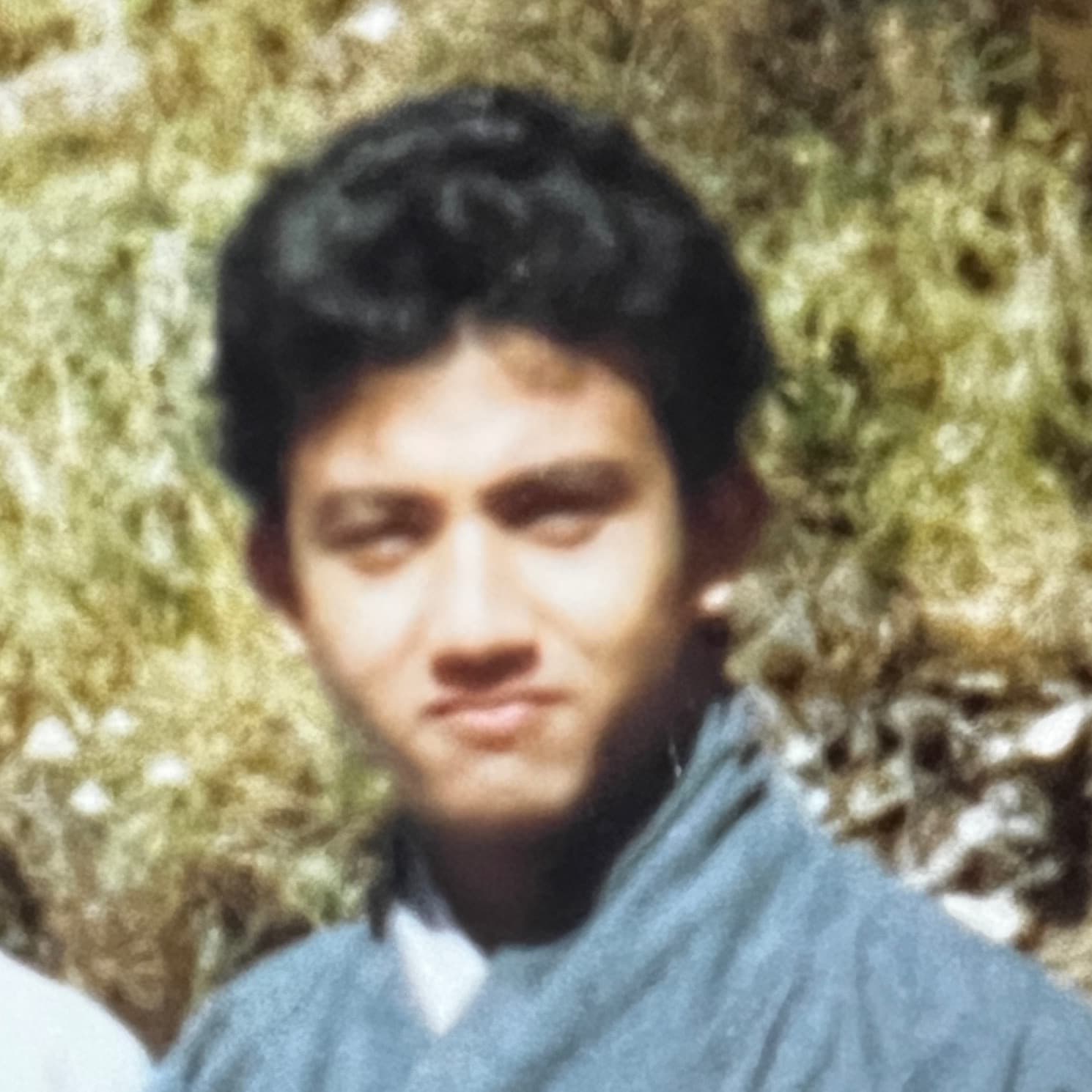Late Mon Bahadur Chhetri, born in August 1966, was the third son of Mr. Tilak Bahadur Chhetri and Mrs. Ajit Lepcha of Duarpani village, Samchi, Bhutan. His siblings—two brothers and two sisters have resettled in the United States, and one other sister lives in Australia. Unfortunately, both of his parents have passed away. A friendly person of gentle disposition and easy-going demeanor, Mon Bahadur was deeply involved in conscientious civic engagement early in his life. A person of strong principles and unwavering integrity—he could not stand the injustice, exclusion and persecution of people—whose plight he championed. However, the environment around him was swiftly unraveling into political chaos. A climate of fear gripped the institute where he was a student. Suspicion, surveillance and threats of insecurity, arrest and detention loomed large. The campus where he lived transformed into a microcosm of the nation’s unrest.
However, Mon Bahadur was unwavering. He mobilized students internally and did not miss corner meetings which were clandestinely held. On November 3, 1989, the boys' hostel at the National Institute of Education was raided by theBhutanese police resulting in the arrest of four students. Among those arrested was Mon Bahadur Chhetri, a second year B.Ed student. Following arrest, all four students were taken to the government guest house in Samchi. It was from this very guesthouse that, on the following day, his captors handed over Mon Bahadur’s dead body to his family. The government stated that his death was caused by hanging—a claim some of his family members even today—find hard to accept.
Mon Bahadur’s tragic death on November 4, 1989, was not an isolated historical fact in Bhutan. However, we can claim that he is the undisputed first martyr of the Bhutanese People’s Mass Movement of 1990. A life laid down for the hopes of others, his martyrdom was written in courage, conviction, and sacrifice. His relentless pursuit of justice, equality, and freedom transcended personal tragedy and has left an indelible mark in the dynamics of the resilience movement againststate oppression in Bhutan.

